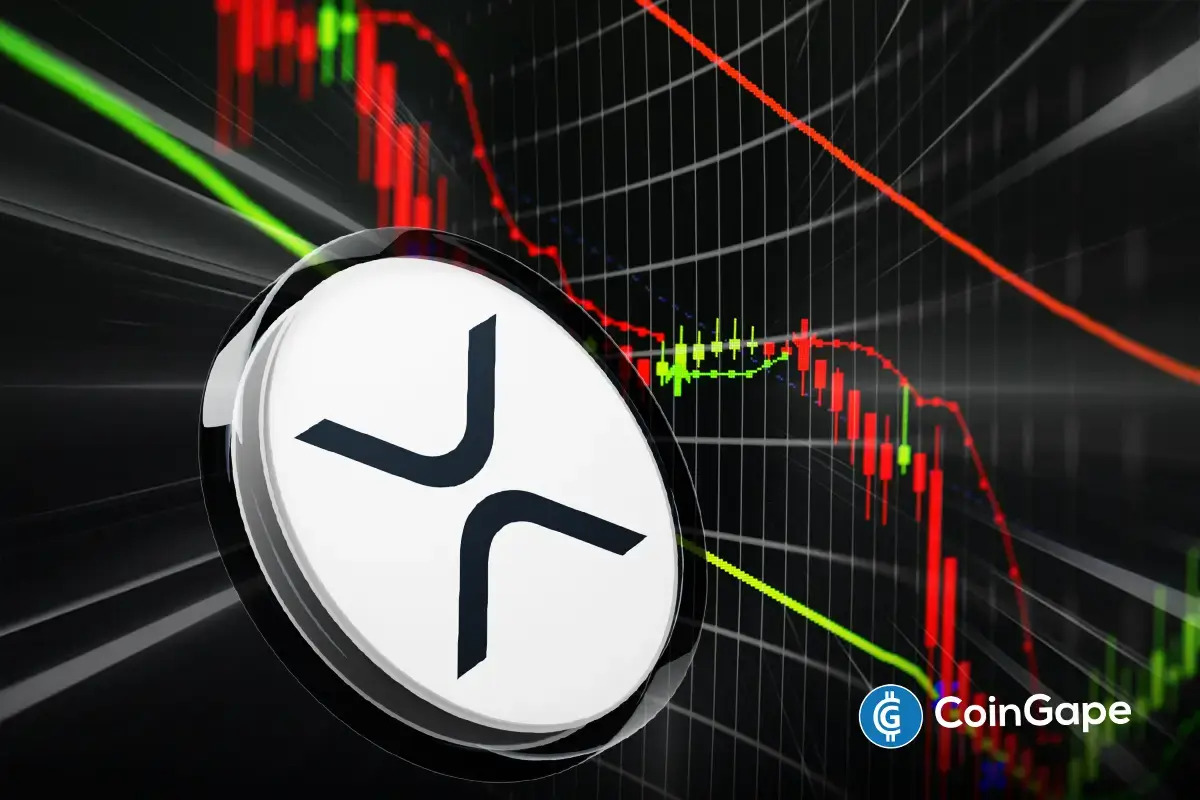Study: Iran Leverages Crypto Mining As a Tool To Reduce The Effect of Sanctions

Decentralized cryptocurrencies have often come to the rescue of the nations facing strong sanctions by higher economic powers and Iran is one of them. As per a recent study, Iran is currently leveraging the power of crypto mining to lessen the impact of sanctions that it faces from America.
As per Reuters, Iran alone contributed 4.5% of the overall Bitcoin mining. This helps the country to earn millions of dollars through crypto-assets. Citing data from blockchain analytics firm Elliptic, the publication reports, Iran clocks nearly $1 billion in yearly revenue with its Bitcoin production.
As we know, Bitcoin (BTC), Ethereum (ETH), and many other cryptocurrencies still rely on the Proof-of-Work (PoW) consensus model that involves mining done using high computing power. These machines consume a high amount of electricity.
Thus, most miners are usually concentrated in areas having surplus fossil fuel supply to generate the required electric power. Iran holds good leverage when it comes to fossil fuel production. Iran’s surplus and cheap electric power has attracted miners, especially from China.
Citing the opportunity here, Iran has officially recognized crypto mining as a legal business in recent years. However, the country prohibits the use and trade of Bitcoin as well as other cryptocurrencies.
Iran Accepts In-house Mined Bitcoins and Crypto
While Iran facilitates cheap and surplus power to miners, it requires them to sell their mined Bitcoins to the central bank. Besides, Iran also allows the use of cryptocurrencies mined in Iran to pay for the imports of authorized goods. The study notes:
“Iran has recognised that bitcoin mining represents an attractive opportunity for a sanctions-hit economy suffering from a shortage of hard cash, but with a surplus of oil and natural gas.
The Iranian state is therefore effectively selling its energy reserves on the global markets, using the Bitcoin mining process to bypass trade embargoes.
Iran-based miners are paid directly in Bitcoin, which can then be used to pay for imports – allowing sanctions on payments through Iranian financial institutions to be circumvented.”
However, a lot of big financial firms have started offering crypto-based services to their clients. Potentially, if these firms, especially based out of America, come to know any Bitcoin transactions coming from Iran, there could be additional levels of sanctions in the near future.
Play 10,000+ Casino Games at BC Game with Ease
- Instant Deposits And Withdrawals
- Crypto Casino And Sports Betting
- Exclusive Bonuses And Rewards

- US-Iran War: Reports Confirm Bombings In UAE, Bahrain and Kuwait As Crypto Market Makes Recovery
- XRP Price Dips on US-Iran Conflict, But Capitulation Signals March Rebound
- Crypto Market at Risk as U.S.–Iran War Threatens Inflation With Oil Price Surge
- Polymarket U.S.–Iran Strike Bets Fuel Insider Trading Speculation as Crypto Traders Net $1.2M
- Cardano’s DeFi TVL Climbs as USDCx Stablecoin Launches on Network
- Top Analyst Predicts Pi Network Price Bottom, Flags Key Catalysts
- Will Ethereum Price Hold $1,900 Level After Five Weeks of $563M ETF Selling?
- Top 2 Price Predictions Ethereum and Solana Ahead of March 1 Clarity Act Stablecoin Deadline
- Pi Network Price Prediction Ahead of Protocol Upgrades Deadline on March 1
- XRP Price Outlook As Jane Street Lawsuit Sparks Shift in Morning Sell-Off Trend
- Dogecoin, Cardano, and Chainlink Price Prediction As Crypto Market Rebounds

 Buy $GGs
Buy $GGs

















